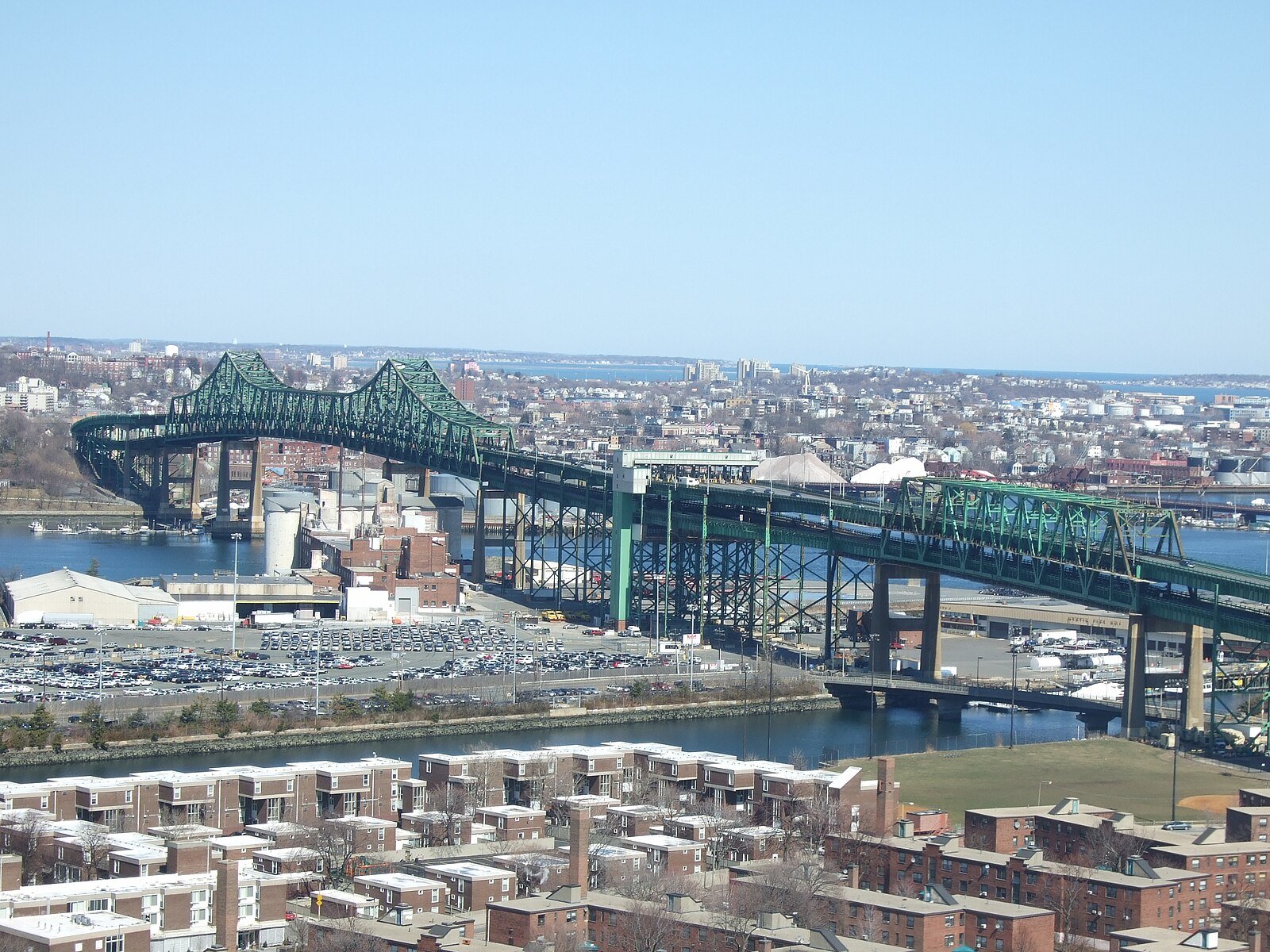A City Over A Bridge
Driving into Chelsea, Massachusetts is an up-close reminder of the ravaging effects COVID-19 has had on immigrants in our country. As I cross the Tobin, a green steel truss bridge over the Mystic River, I take in the factories and apartments that crowd the city below. Chelsea is only 1.8 square miles, but home to a staggering forty-thousand souls, the majority immigrants and refugees from Central America, South America, and Africa. The safety of life in the US is the primary draw. Chelsea has become a popular destination because of its sanctuary-city status and relative affordability. Chelsea is also only three miles from job opportunities in Boston, making it a city of hope for newcomers.
I am a small part of the Chelsea community: a fifth-year English as a Second Language (ESOL) teacher to parents at the Intergenerational Literacy Program (ILP), an educational non-profit run through Chelsea Public Schools that, along with ESOL classes, offers high-school equivalency courses and college and career advising to adults and out-of-school youth, free of charge. While I have also taught high school English and digital literacy at the ILP, my ESOL Family Literacy class always excited me most.
Before COVID, this class had a sweet routine in place. I’d smile at my learners who were always early — Carmen, with little Raquel resting on her hip, and Ana, who’d holler at her three boys as they raced up and down the steps: ¡Ten cuidado! After my learners dropped their kids off at the daycare down the hall, they’d pull out their folders and take their seats. In their journals they’d write about the day before: Yesterday I read with my children. Yesterday we bought food at Market Basket. I’d circulate for ten minutes, supporting them however I could, helping Saira write left-to-right in one moment, and Julian reorder his syntax in the next.
At 8:25 we’d begin class by reading the objective and agenda, then warm up with photo descriptions or conversation questions related to the theme of the week. The theme was based on learner needs and interests, and the lesson was designed with family literacy in mind. The goal is to increase learners’ English literacy so that they can master the local language and support their children’s bilingual reading and writing development at home. One week my learners studied parent-teacher communication methods, and then practiced drafting emails and recording voicemails on iPads because translators are not always available in their children’s schools. Another week my learners studied local government and, after reflecting on their goals and obstacles, wrote letters of advocacy to U.S. Representative Ayanna Pressley.
After class, I held office hours. I’d sit down and support learners with resumes, job applications, health insurance, and citizenship questions. Every day was productive but exhausting. Honestly, I was fast on my way to burnout, and my colleagues were too. This is an all-too-common trend in urban education.
Then COVID-19 hit.
And like all other schools across the state, the ILP shut its doors and began the struggle of transitioning to online services.
Many of our learners did not have Internet or computers at home. We researched affordable Internet options and distributed over 100 loaner laptops to those in need. Class attendance plummeted — my morning group, for example, dropped from thirty-two learners to a regular fifteen — but I was not (and still am not) disappointed by these numbers. In fact, I view any attendance as a win because, while Adult Education is important, it is not the priority right now — sheer survival is. This is especially true in a place as hard-hit as Chelsea. One month after the shutdown, Chelsea, this city of essential workers, became the epicenter of the outbreak.
Over these past ten months, the priority of the ILP has been supporting our learners’ access to food, toiletries, rental assistance, and free COVID testing. Most of the time we forward the information to our learners or refer them to the appropriate agencies. But when our learners call to say that they tested positive for the virus, and that their whole family is sick and they can’t leave their apartment, we gather what they need — food, diapers, toilet paper, whatever — and deliver it directly to their door.
The ILP is one of many hands helping out. Several other local organizations — GreenRoots, The Neighborhood Developers, and La Colaborativa — are hustling to support in similar ways. Emergency hotlines and social workers from the Chelsea Public Schools are providing mental health support, while the Chelsea Pandemic Response Team and the One Chelsea Fund are working together to distribute checks of $250 to families in need.
There are many efforts going on in this city. A lot of giving and sharing and collaboration. Chelsea is a city of resilience. Its people are fighters. This virus has thrown a magnifying glass over a community that has been struggling to keep up and stay safe for so long. We’ve heard the Trump administration’s abuse of immigrants loud and clear on the news. Families separated at the border and kids put in cages. But it’s also the stories of quiet communities — of ICE-fearing learners and half-empty classrooms — that speak to a different kind of plague ripping through our country: one of chronic stress, anxiety, and trauma.
In this new year, we look to the Biden-Harris administration for change. We hope to start moving the needle back in the right direction to restore safety to immigrants and refugees, and to provide them with the support they need to flourish in this country.
Donations go a long way. If you would like to support families in Chelsea, you can do so here: https://unitedwaymassbay.org/covid-19/local-funds/chelsea/
Note: Learners’ names have been changed to protect the privacy of individuals.
Lena Marecki is an Adult Education teacher in Chelsea, MA. She holds degrees from the University of Massachusetts-Boston and Cornell University, and her work has appeared in Fiction Southeast and Rathalla Review.


